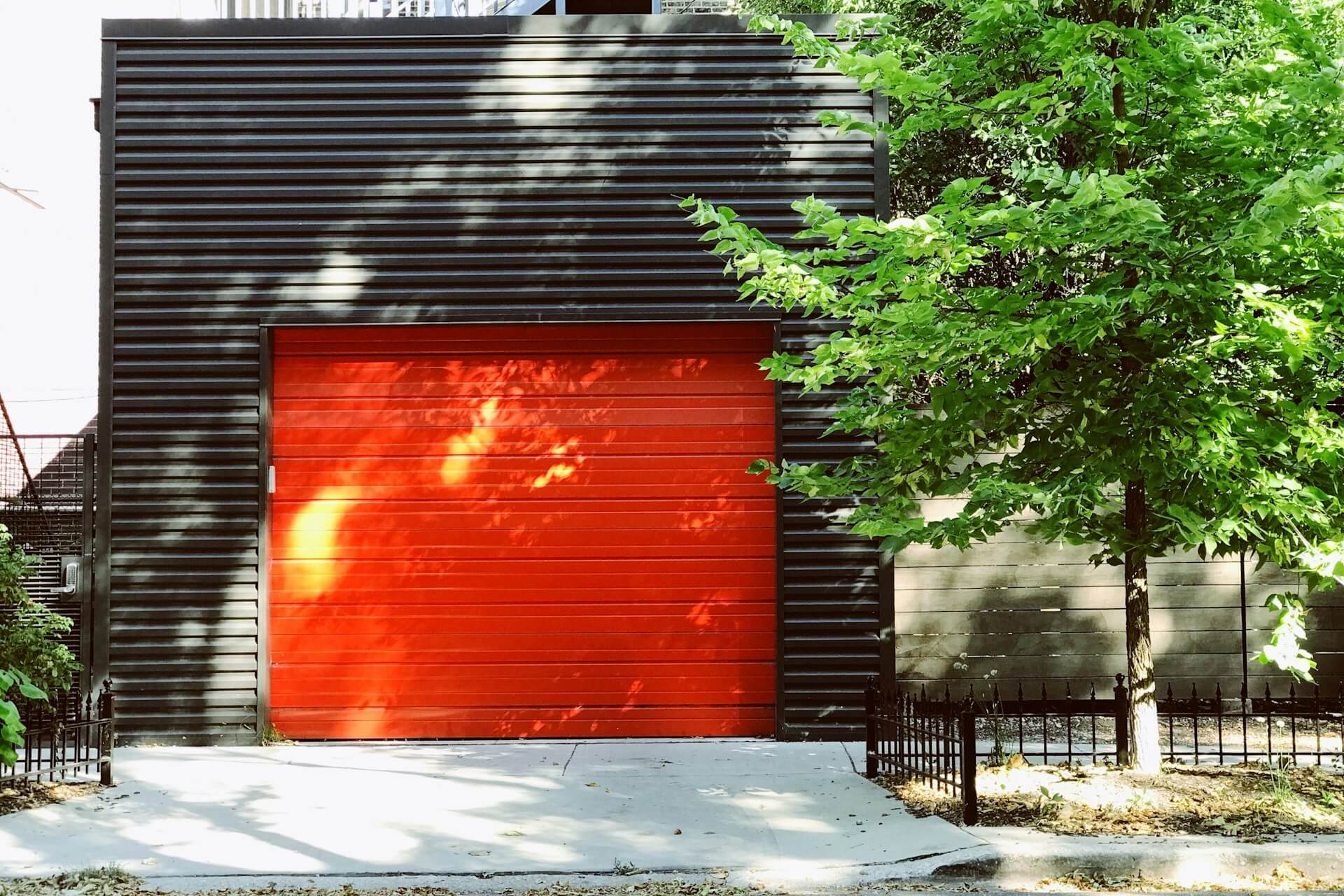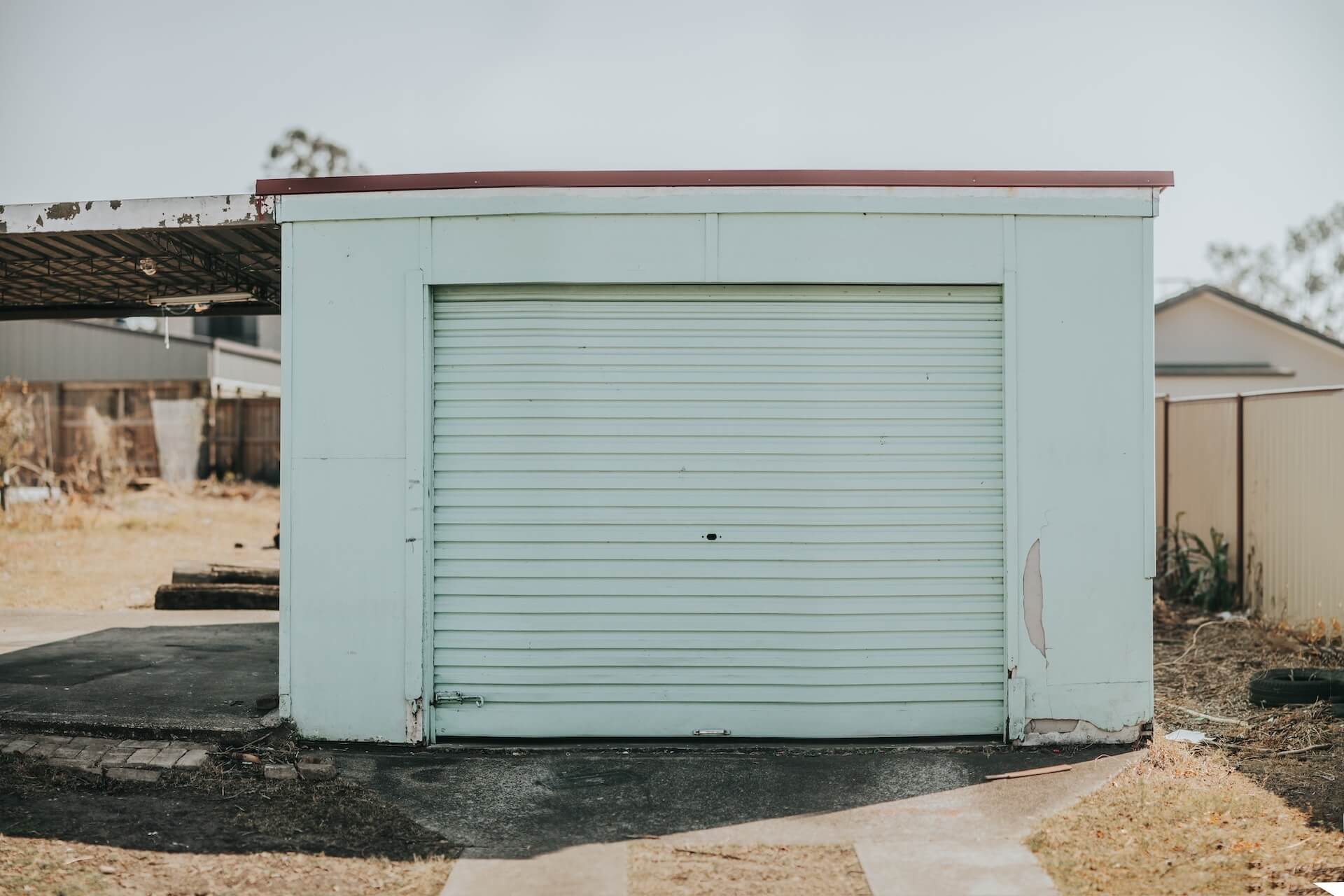
As an Amazon Associate, Modded gets commissions for purchases made through links in this post.
Automatic garage door openers are convenient additions to your garage set-up that provide greater security and energy efficiency, but they can sometimes be finicky. With that in mind, here’s how to fix issues with your garage door opener.
1. Misaligned Sensors
Misaligned sensors are perhaps the most common issues with garage door openers. If your door won’t close, it’s likely because the sensors on either side of the door don’t have a clear line of view. The solution to this problem is simple — just adjust the sensors by hand and move anything blocking their view.
If moving the sensors didn’t work, then the lenses might be too dirty. Wipe them off with a microfiber towel every few weeks so dust and dirt don’t accumulate.
2. Glitchy Remote
The wireless remote could also be the problem. If the keypad no longer responds to your commands, the antenna on the motor unit is likely to blame. Make sure it’s hanging downward and hasn’t suffered any damage. If you notice flaws, you can easily get a replacement from your garage door manufacturer.
On the other hand, wireless remotes sometimes go haywire and must be reset. Follow the owner’s manual and reset the opener to its default settings. This method will erase your customized codes, but you can set them again after bringing the system back to square one. You should also reset the Wi-Fi router if the opener connects to your home’s internet.

3. Stiff Door Rollers
If the electrical components are in good condition, then the next place you should look is at the garage door rollers on the ceiling. Rollers can lose their lubrication and stiffen up, preventing the door from opening or closing all the way. This problem usually happens in the winter months when the cold air dries everything out.
Applying white lithium or silicone lubricant should give the rollers enough juice to open your garage door properly. If that doesn’t work, you might have to adjust the sensitivity on the motor unit. Every garage door has a different sensitivity level, so consult the owner’s manual for this task.
You should also close off all entry points in your garage so the cold air doesn’t affect your rollers. Put some draft stoppers on the windows and doors, and fill up any crevices in the walls. This proactive measure will also keep your car in better condition.
4. Unresponsive Motor Unit
Speaking of the motor unit, this essential piece of your garage door opener sometimes becomes unresponsive. The most likely reason for this problem is a disruption to the unit’s power source. Make sure the unit is plugged in — plugs can loosen over time or someone might have tripped on the cord.
If that didn’t work, the problem lies within the circuit breaker, fuse or power outlet. Start by trying to reset the circuit breaker, or replace the fuse and power outlet. Your garage door opener likley has faulty wiring or a short circuit that needs professional repair if these measures don’t work.
5. Loose Door Track
Garage door tracks naturally loosen up over time, causing them to make weird noises or open slower than usual. To get the door functioning again, you need to loosen the track’s screws and move it back into place. This job might require a small hammer or mallet, but the track should return to its proper position without much force.
When the track looks realigned, retighten the screws and give the door a test run. It should open smoothly without making any noises.
How to Fix Issues With Your Garage Door Opener
Garage door openers can experience many small problems, but you should be able to fix them with ease by following these instructions. Whether the issue is with the sensors, remote control, motor unit or mechanical parts, you now have the knowledge to fix it.






